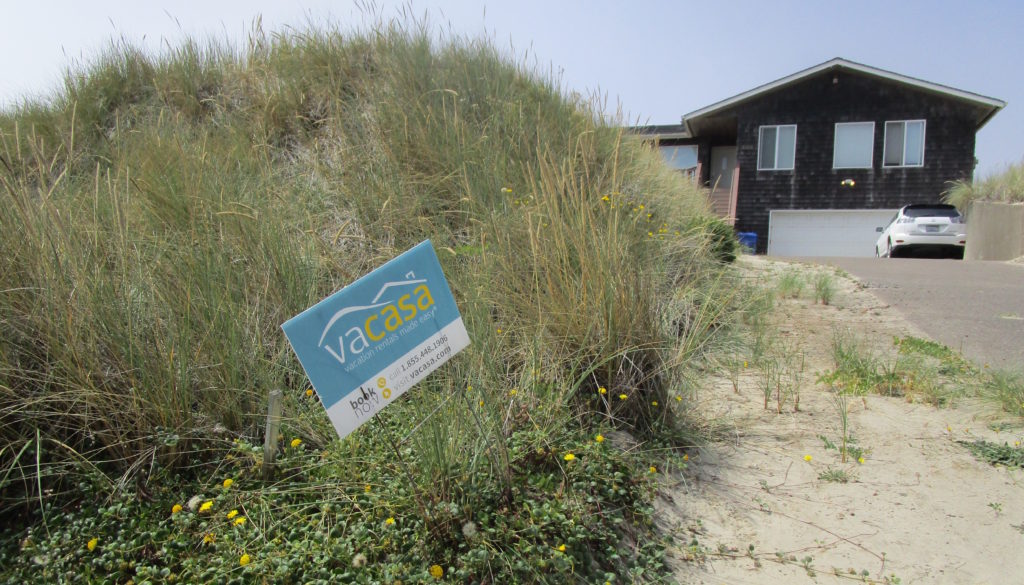
By MIKE ROGOWAY/The Oregonian
Shares in vacation rental management company Vacasa fell sharply Wednesday after the Portland company warned of “weakening” sales and said its costs are too high.
Vacasa maintains, manages and markets vacation rental homes for their owners, taking a percentage of rental proceeds in exchange. Its poor third-quarter results reflect, in part, a slowdown in bookings that Airbnb and other companies have reported, what some have called an “Airbnbust.”
But they also suggest fundamental operating problems at one of Portland’s most prominent businesses.
“Our operations teams were staffed for high levels of demand, trying to meet and exceed service levels in a high growth environment,” new Vacasa CEO Rob Greyber wrote in a letter to shareholders Wednesday. “Demand was strong during the third quarter, but we were over-resourced in several areas, and that caused costs to exceed our forecast.”
Vacasa shares were down 20% in late trading Wednesday, at $2.85, after the company reported third-quarter results. Shares had fallen nearly 9% earlier in the day. The stock traded at $11 a share when it went public 11 months ago.
Vacasa laid off 280 employees in October, including 15 in Portland. Greyber described unspecified “efficiency and optimization initiatives” aimed at reducing costs but said that they didn’t meet expectations.
“The cost overruns largely deal with our processes and approach to managing our operations,” he said. “Based on where we sit today, we believe these local market and customer support costs are fixable, but not yet fixed, and will take time to address fully.”
Third-quarter sales totaled $412 million, up 25% from a year earlier but far below the 81% growth Vacasa reported in 2021. The company forecast growth around 7% in the fourth quarter.
“We are experiencing some softness and variability in guest bookings that began after the strong summer season,” Greyber said. “The weakness was noticeable in September and has become more pronounced in the fourth quarter.”
Vacasa isn’t having as much success as it had anticipated signing up individual vacation property owners for its management services. The company said it will “meaningfully reduce” what it spends adding homes to its management portfolio. And it warned that the value of bookings per home may decline next year.
“I have every confidence that we can and will continue to win in this space,” Greyber said. “Yet, in the near- term, we need to sharpen our focus and execution.”


